(ThyBlackMan.com) I was trying to ignore this because, quite frankly, it’s stupid. But my colleague Deron Snyder at the online publication The Root convinced me otherwise. By “this,” I am talking about the comments by Philadelphia boxer Bernard Hopkins about pro football quarterback Donovan McNabb, who played in Philadelphia for years before he was traded to Washington last season.
Hopkins, for reasons that aren’t clear to me even now, decided to tee off on McNabb before an audience of reporters. He called McNabb a house slave. 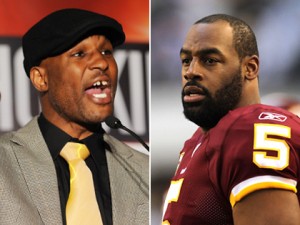 Which is, if you’re not familiar with the lexicon of black insults, about as low as you can go.
Which is, if you’re not familiar with the lexicon of black insults, about as low as you can go.
Hopkins implied that McNabb’s relatively privileged upbringing — McNabb grew up in the suburbs, attended Catholic school and later did well at a fine university — somehow set him up for disappointment later in life, especially when he was traded from his longtime team.
Hopkins said that McNabb felt betrayed because “McNabb is the guy in the house, while everybody else is on the field. He’s the one who got the extra coat, the extra serving.” Hopkins went on to say that McNabb has “a suntan, that’s all.” Which is to say that’s he’s not really black. Which is also, in the lexicon of black insults, about as low as you can go.
Let’s set aside the idea that any slave, in the house or not, had any grand time of it. As I said, this is stupidity, so why talk about it? Partly because it’s the second time in two months that a prominent black athlete has made headlines by teeing off on another one, questioning his racial identity because one was raised in a functional environment — the kind most Americans aspire to — while the other was not.
Two months ago, this black-on-black hateration went viral because of The Fab Five documentary on ESPN, in which former University of Michigan basketball star Jalen Rose said that back then he considered former Duke University star Grant Hill, along with other black Duke ballplayers, to be Uncle Toms.
This, too, was all over the sports media and the blogosphere, culminating in an elegant rebuttal by Hill in The New York Times, where he took Rose to task for implying that educated people raised in functional households are somehow sellouts, whatever that means.
Anyway, my colleague Snyder makes the point that although you really want to ignore this drivel, we really cannot. And we probably should not because African-American athletes, Barack Obama notwithstanding, are still such prominent symbols of black life that people like Hopkins cannot be allowed to perpetuate the myth that blackness equals dysfunction, poverty, lack of academic achievement and success.
Can I just tell you? I want to take it a step further and argue that while African-Americans certainly have to do what they can to fight that message, they aren’t the only ones who should.
Who are the people who finance these films that sprout at least once or twice a year where any black person with a college or — god forbid — professional degree is set up as the buffoon, only so that he or she can be taken down a notch or two by ostensibly more authentic blue-collar kin? How much do you want to bet that the people paying for this tripe have their kids in private school and the Ivy League? And why does every kid TV show seem to have an overly loud, shucking and jiving black sidekick whose job seems to be to show the white kids the latest dance move? Who’s greenlighting those? And while we’re at it, how long are we all going to stand by while youth sports are corrupted by sports pimps who only care about kids as their meal tickets to the pros?
Now I know, I know, everybody’s busy and you can only do what you can do, and weighing in on somebody else’s cultural conversation feels about as comfortable as weighing in on somebody else’s parenting. You think, can I say something? Should I? The answer is yes.
Sure, the idea that you have to be a thug to be cool or to be respected has more currency in some places than others. But I guarantee you that that idea is coming to a schoolyard near you if it’s not there already. And it really does take a village to say enough.
Written by Michel Martin
















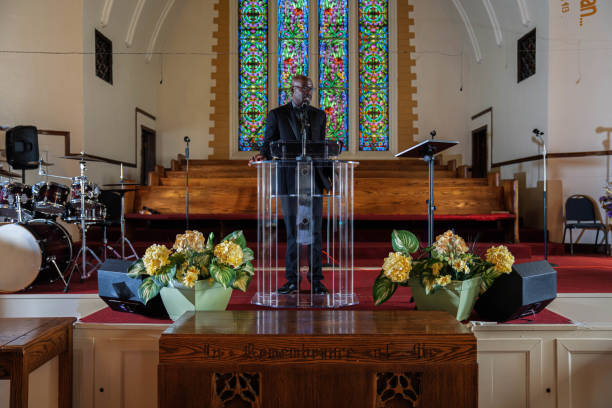
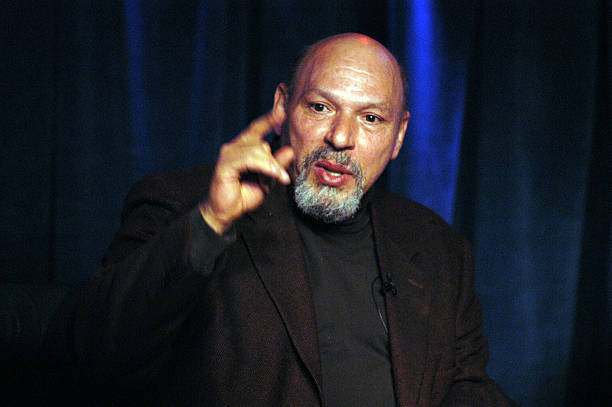
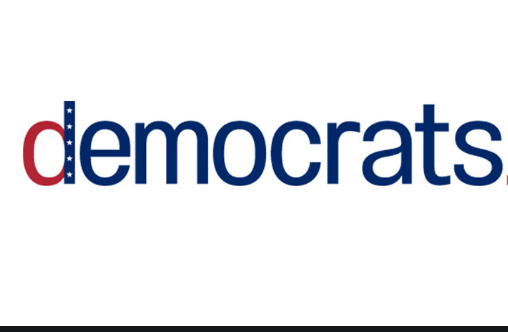
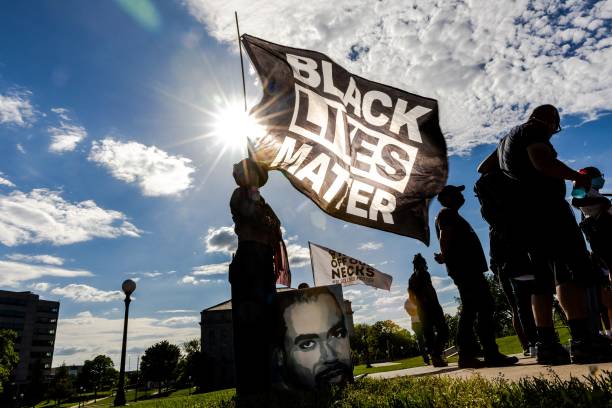
Leave a Reply